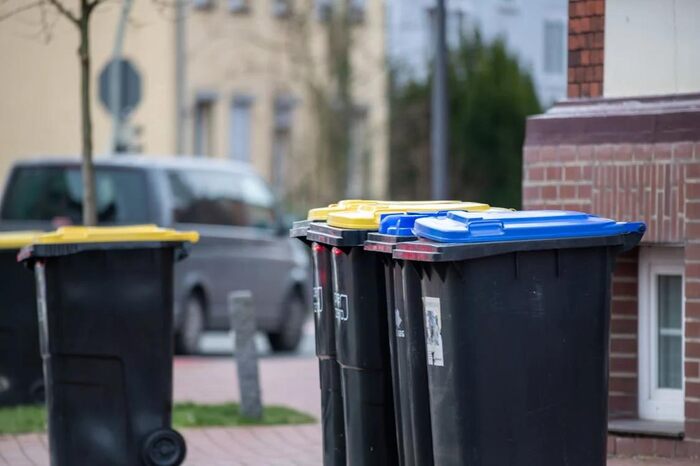In small towns like Lillington, North Carolina, community engagement and participation are at the heart of progress. These tight-knit neighborhoods thrive on cooperation and collaboration, and a clean and well-maintained environment is vital to fostering a sense of unity and civic pride. Waste management, often overlooked, plays an essential role in ensuring that communities remain healthy and vibrant. Proper waste disposal is not just a logistical necessity; it is also an avenue for empowering diverse voices, ensuring that everyone, regardless of their background or socioeconomic status, has a stake in the future of their town. By focusing on efficient residential trash disposal and providing equitable waste management services, Lillington’s town leaders can create a more inclusive and supportive environment for all residents.
The Vital Role of Cleanliness in Community Engagement
Cleaning communities provides multiple positive effects that benefit the health of their inhabitants. A neat and properly maintained environment allows community members to become involved in local events, public gatherings, and neighborhood-based activities. Community investment in cleanliness alongside waste management demonstrates to residents that their health and well-being are essential, generating feelings of ownership. Every demographic in Lillington can safely experience park walks, shopping at local stores, and outdoor activities.
Proper waste management immediately impacts public health conditions and environmental safety. Correctly managing trash products minimizes disease transmission and contamination so that every resident can inhabit a healthy environment. Local leaders create an inclusive environment by providing all community members with sustainable waste services, which fosters active participation from people of diverse backgrounds.
Promoting Social Equity through Accessible Waste Services
Every person must have equal access to clean spaces because waste management is essential in this process. The problem of obtaining dependable waste disposal services at affordable rates persists for people who belong to marginalized groups and those who live in low-income neighborhoods. Waste management operations transform into social equity concerns when these situations occur. Through dependable residential trash disposal services, Lillington extends clean living opportunities to all residents equally, regardless of their income or racial background.
When waste management services include everyone, they establish pathways for economic growth. Through local waste management programs, individuals from underserved communities gain employment opportunities that help them establish professions while improving the cleanliness of their neighborhoods. These programs enable diverse community members to participate more effectively in local governance, better impacting community decisions and public services. The process decreases social divisions between town groups, enhancing social connections and unity.
Waste Management as a Tool for Community Building
Beyond its role in maintaining community cleanliness, waste management serves as an instrument to promote community development and public involvement. Through active participation in waste disposal programs, Lillington residents develop responsibility and feel increased pride in their town. Residents participating in waste disposal activities through neighborhood clean-ups, educational recycling programs, and town hall waste policy discussions develop stronger feelings of ownership toward their community. Regardless of personal differences, resident participation enables people to unite for a common purpose.
The provision of waste management programs that are accessible and equitable in diverse towns helps different population groups connect. The system enables every community resident to shape their operations while promoting joint work between various social and cultural groups. People who join waste management programs start to experience firsthand the advantages of community collaboration for the betterment of everyone. The combined initiatives produce cleaner towns and develop communities that value cooperation between residents while strengthening their collective involvement.
Conclusion
The waste management functions in Lillington, NC, exceed basic trash collection activities. Proper waste disposal plays an essential role in developing clean communities that promote both health and thriving development. Towns can build stronger communities by giving all residents, no matter their origins, equal access to waste management services, which enhances community empowerment. Through waste management, Lillington and other towns gain the power to build a better, inclusive society by strengthening public health and creating economic opportunities, as well as promoting social equity for the entire community. A tidy community enhances environmental conditions while simultaneously building a stronger social connection between town members who can express themselves without discrimination.


